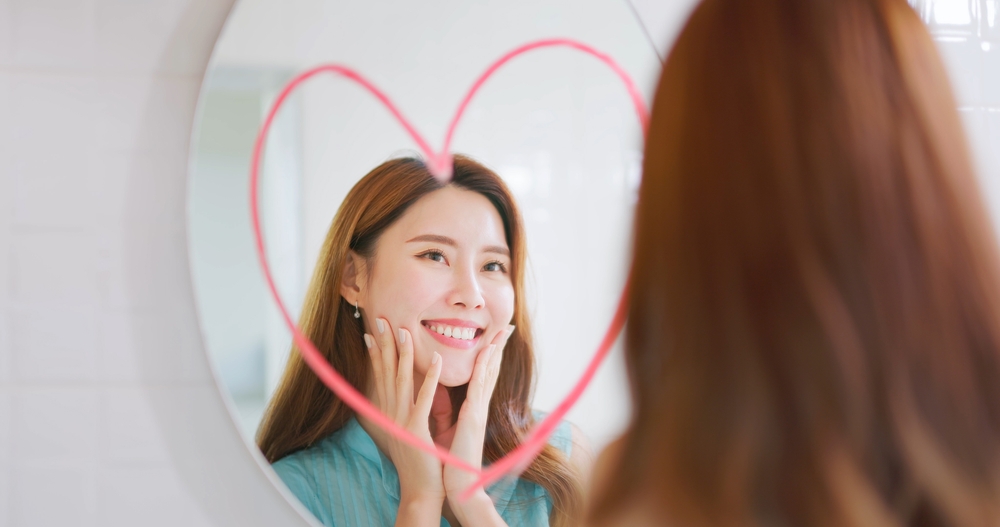
08 Sep Your Idea of Self-Care Might Be Missing This One Factor
Self-care practices have been promoted as a way to make yourself feel better while taking care of the overall part of your health, including the emotional and mental aspects.
Self-care are actions considered to be promoting health, preventing diseases, and taking care of one’s mental and emotional health, according to the World Health Organization.
Today, in modern times, self-care has evolved into a trend to follow, an elaborate routine, an impulsive purchase, and even reaching a level of avoidance.
The rising self-care culture has raised two questions: are we taking care of ourselves the way we deserve to, or are we just giving in to instant gratification?
The Idea of Self-Care
There are several trends coming out in the name of self-care, including retail therapy or “little treats,” wherein people are encouraged to buy something to improve their moods.
Retail therapy can temporarily make you feel better. The brain activates the release of happy hormones when people engage in rewarding behaviors like shopping.
The hormonal response is also activated when you eat a meal, dance with friends, or kiss a loved one.
Retail shopping can turn into a compulsive behavior when left unchecked, especially when it becomes a way to deal with anxiety, stress, or depression.
There’s also the “toxic positivity,” wherein people believe that the answer to your problems and hardships is to just “think positively.”
A 2024 study concluded that toxic positivity could lead to significant psychological harm when it dismisses or invalidates genuine emotional experiences.
The study further discussed that the prevalence of social media use could have perpetuated the notion of constant happiness, which could contribute to unrealistic expectations and emotional suppression.
How Can We Practice True Self-Care?
Self-care does not necessarily mean the pursuit of pleasure or just focusing on the “feel-good” parts of taking care of yourself. Real self-care sometimes means making hard choices, sticking to routines, trying new challenging habits, and holding yourself accountable.
It is about choosing consistent effort instead of immediate satisfaction. You move your body, not because you want to immediately lose weight, but because you believe in a better quality of life as you age.
Self-care is a responsibility and a commitment that you need to practice, not because it feels good, but because it is the better way in the long run.
At iCare, the best affordable HMO in the Philippines, we believe in the long-term promise of better health, one that is sustainable, affordable, and accessible to every Filipino and their communities.
In your next self-care plan, partner with us for your Better Health goals. Learn more about us here https://icare.com.ph/ and explore our iCare HMO prepaid health plans here https://shop.insularhealthcare.com.ph/
—
Asia, W. H. O. R. O. for S.-E. (2014). Self care for health. In iris.who.int. WHO Regional Office for South-East Asia. https://iris.who.int/handle/10665/205887
Cleveland Clinic. (2024, December 10). Why Retail “Therapy” Makes You Feel Happier. Cleveland Clinic. https://health.clevelandclinic.org/retail-therapy-shopping-compulsion
Wyatt, Z. (2024). The Dark Side of #PositiveVibes: Understanding Toxic Positivity in Modern Culture. Psychiatry and Behavioral Health, 3(1), 1–6. https://www.researchgate.net/publication/383871051_The_Dark_Side_of_PositiveVibes_Understanding_Toxic_Positivity_in_Modern_Culture



